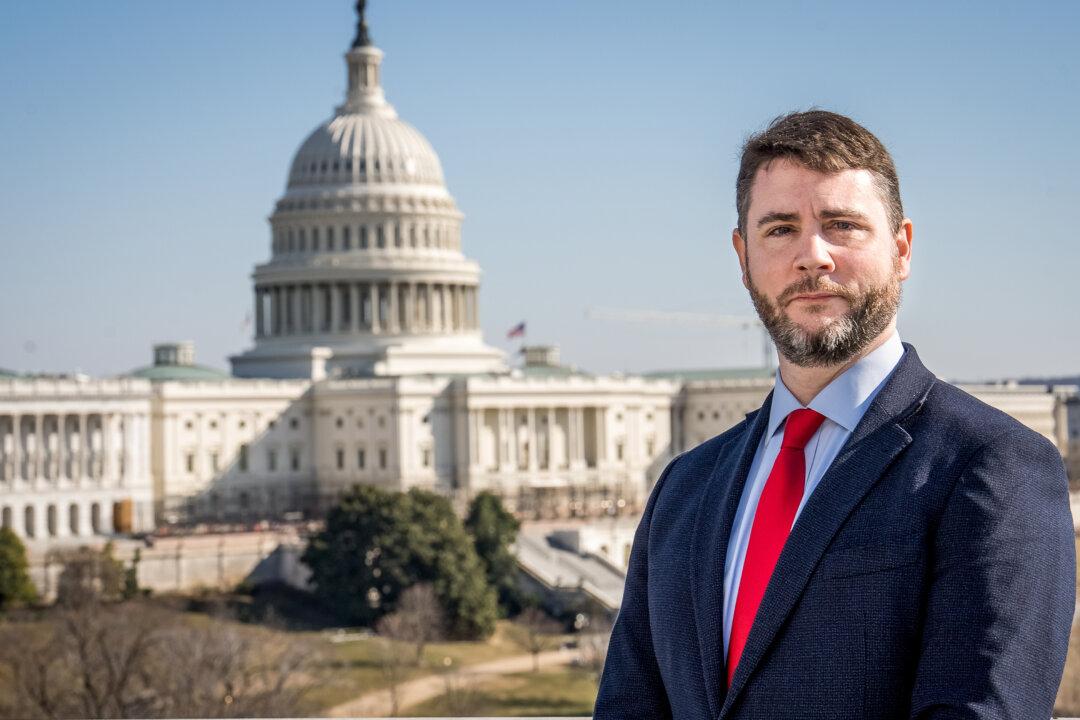“They’re effective at what they do,” James Lindsay says, “which is dividing everyday people while the people at the top can conquer.”
In this first episode of a two-part series on “American Thought Leaders,” host Jan Jekielek discusses such ideas as “woke” ideology, Herbert Marcuse’s “repressive tolerance,” and the theological foundations of Marxism with James Lindsay, founder of New Discourses and author of “Race Marxism: The Truth About Critical Race Theory and Praxis.”






